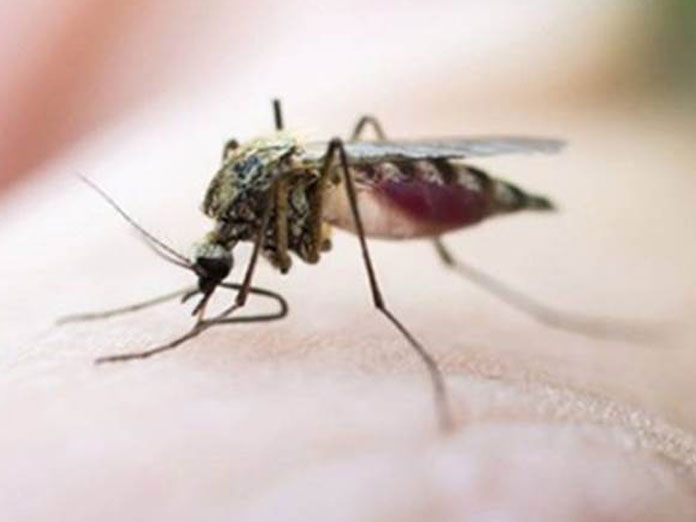Live
- Teachers are pillars of social development: Sudheer Reddy
- Sandhya Theater Stampede Incident: Rahul Ramakrishna Retracts Comments on Issue
- Garena Free Fire MAX Redeem Codes for December 2024: Unlock Skins, Weapons, and More
- Dr. Ponguleti Sudhakar Reddy Welcomes Union Minister Piyush Goyal in Bengaluru
- Why Christmas is Celebrated on December 25: The Link to Roman Festivals
- Tributes paid to G Venkataswamy (Kaka)
- Amit Shah should quit; demand MP, MLA
- Hike in support price brings cheer to coconut farmers
- Apple's Face ID Smart Doorbell Could Unlock Doors by Late 2025
- Amit Shah must tender apology
Just In

The higher a persons immunity to dengue virus, the lower their risk of Zika infection, according to a study which followed nearly 1,500 people living at the heart of the 2015 Zika outbreak in Brazil
Washington: The higher a person's immunity to dengue virus, the lower their risk of Zika infection, according to a study which followed nearly 1,500 people living at the heart of the 2015 Zika outbreak in Brazil.
The study, published in the journal Science, also provides evidence that Brazil's Zika epidemic has largely petered out because enough people acquired immunity to reduce the efficiency of transmission. "Take that with a grain of salt, though," said Ernesto TA Marques, an associate professor at the University of Pittsburgh in the US.
"Our study was in a very small urban area, and it is likely that in other parts of Brazil, even different neighbourhoods within the same city, people are still susceptible to Zika infection," Marques said. Researchers at the Yale School of Public Health in the US tapped into a long-running study of the health of people living in urban slums in Salvador, a city in northeast Brazil. Study participants gave multiple blood samples before, during and after the Zika epidemic. Samples collected in October 2014 and March 2015 were almost entirely negative for Zika, but by October 2015, 63 per cent showed evidence of Zika infection.
Before the Zika outbreak, a subset of 642 participants also had been tested for previous dengue infection, and 86 per cent were positive. Specifically, the test assessed the level of antibodies the participants had in their blood against dengue. The team found that each doubling of dengue antibody levels corresponded to a nine per cent reduction in risk of Zika. "This means that there are some cross-protective antibodies that dengue provides against Zika. Future study may be warranted to assess whether the new dengue vaccines could be useful in preventing Zika infection," said Marques.
Paradoxically, researchers at the University of Florida in the US, revealed that participants who had a very recent dengue infection were actually more susceptible to Zika. The scientists suspect several possible explanations: It could be that protective antibodies have not developed yet or there is something about these people's immune systems that increases their risk of contracting Zika. The mosquitoes that transmit dengue also transmit Zika, so a recent dengue infection could simply mean they are in a place where Zika transmission is active as well, researchers said. Additional study also is needed to determine how these findings could prove useful to clinicians, Marques said.

© 2024 Hyderabad Media House Limited/The Hans India. All rights reserved. Powered by hocalwire.com







